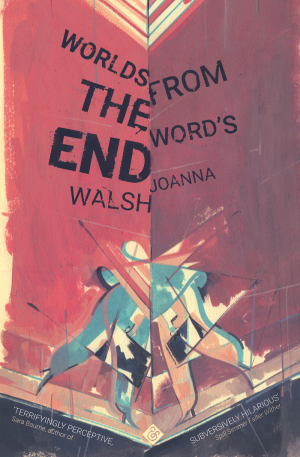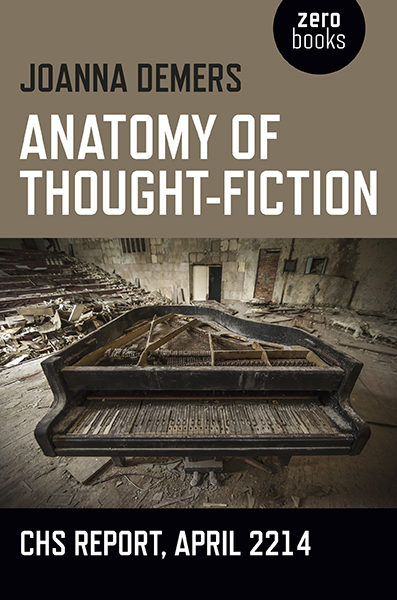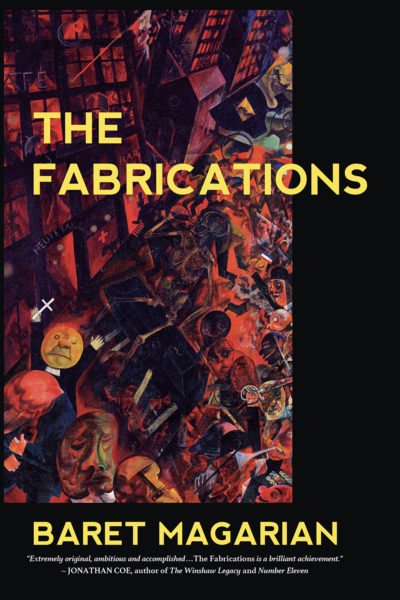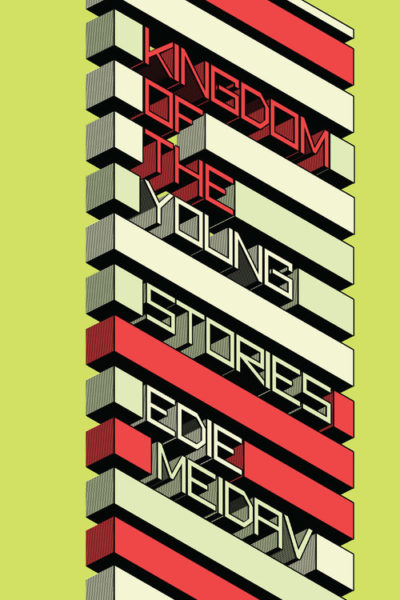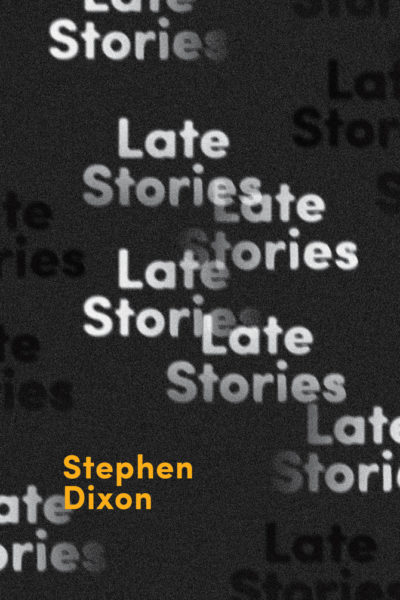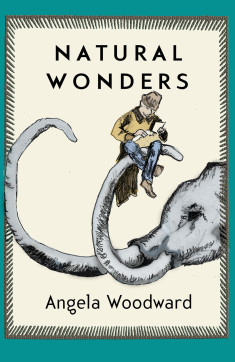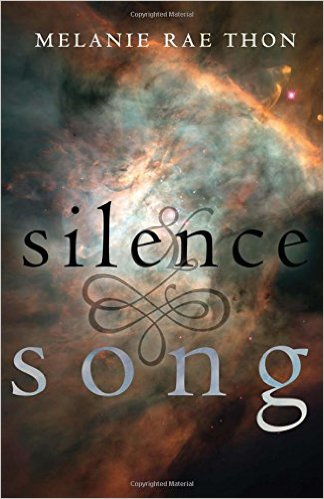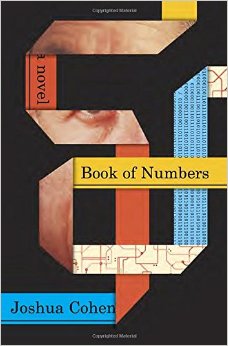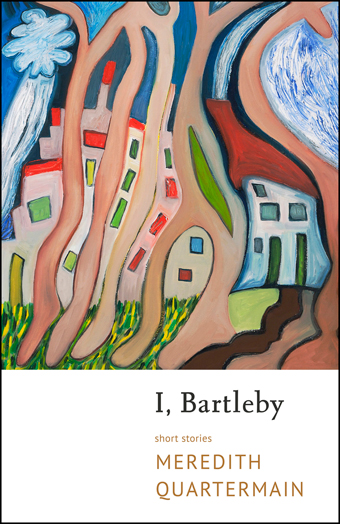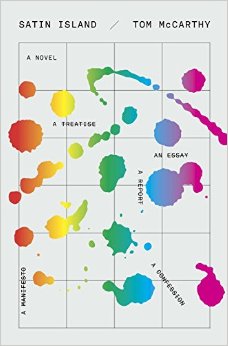Worlds from the Word’s End — Joanna Walsh
In stories such as these, Walsh relies more heavily on continuous narrative than in VERTIGO, but still underscores what is not revealed, what acquires meaning only when unspoken.
Anatomy of Thought-Fiction: CHS Report 2214 – Joanna Demers
The line between fiction and nonfiction, the creative and the critical, may have by now become blurrier and blurrier, but perhaps there is after all a point where to call an act of writing “fiction” only obscures that work’s actual achievement
The Fabrications – Baret Magarian
By employing the omniscient method, Magarian is almost necessarily ruling out the kind of detailed probing of his characters’ psychological states we have perhaps come to expect in fiction.
The Kingdom of the Young – Edie Meidav
Although Meidav’s writing is lucid and subtly evocative, it really makes no effort to be “lyrical” or “rhapsodic.”
Through Dixon’s work we come to recognize what is most “real” about human experience: the effort to understand it.
Natural Wonders – Angela Woodward
This novel could without serious distortion be called a love story, albeit more about the natural wonder of its absence than its presence.
Silence and Song – Melanie Rae Thon
Silence and Song is Thon’s most radical experiment in form and lyrical expression.
Book of Numbers – Joshua Cohen
The reader is put in the same position toward the novel’s depicted world as the protagonist is toward his own life, alienated as he is from his marriage and his career.
I, Bartleby – Meredith Quartermain
I, Bartleby is reluctant to provide those markers we most associate with “short stories.”
Tom McCarthy’s fiction quite palpably poses a challenge to entrenched reading habits and subverts conventional literary practice.



